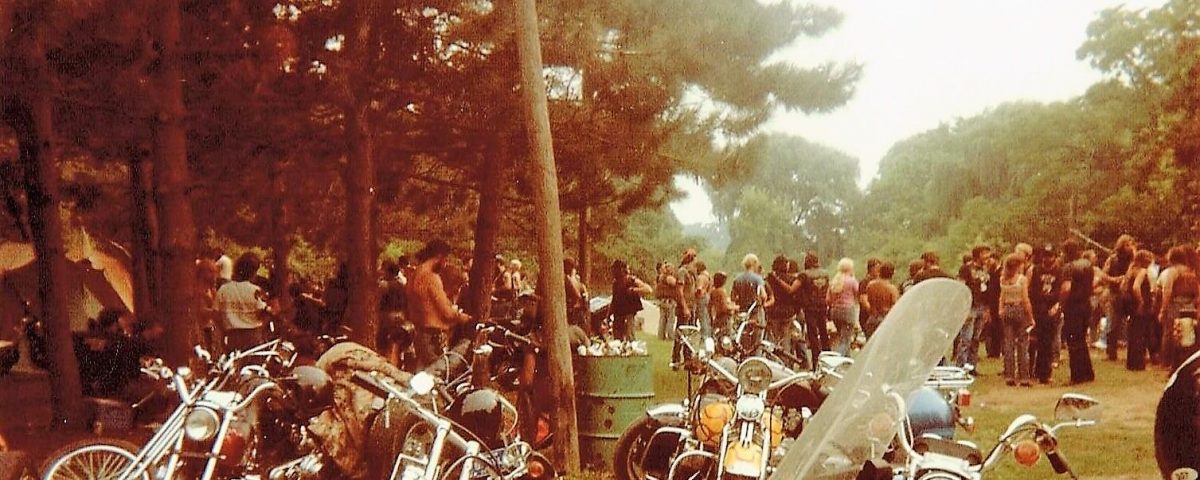
MOONSHINING BASICS
And is it legal in Ohio?
Since we’ve started this feature, we’ve had a lot of people asking the same two basic questions – #1 What is Moonshining, and what’s involved? How does it work? #2 – Is it legal?
What is Moonshining?
Distillation is basically a process used to separate a mixture into base elements. Whether you are distilling water, vinegar, fuel, perfume, or alcohol, you are separating the vapors to collect only the part you want.
A distillation unit, which can be called a moonshine still even if you’re not making moonshine, works by boiling a liquid. This separates the “pieces” that the liquid into different parts. You collect only the pieces you want and discard the rest. You can precisely decide which pieces you collect because each compound boils at a different temperature.
There are two main different types of distilling methods depending on what you want for your final product. Pot distilling is what you use when you want to keep a lot of the flavors that you got from fermenting. Pot distilling is for making moonshine, whisky, rum, brandy, and fruit schnapps. Reflux distilling is what you use when you want something with a really high proof but as flavorless and odorless as possible. Vodka and fuel alcohol are made by using reflux distillation.
Is it LEGAL in Ohio?
It is illegal to produce Moonshine without the proper license in Ohio
If you’re planning to make moonshine you will need to get a license from the state of Ohio. A change in Ohio law in 2011 eased regulations regarding micro-distilleries in the state, and since then numerous small-batch producers have opened shop. Under Ohio law, the illegal manufacture of moonshine is a first-degree misdemeanor, unless certain toxins are found in the product. If poisons are detected, it could raise the penalty to a fourth-degree felony. Under Ohio law, it. It is legal for individuals to produce wines, beer and hard cider, which have a substantially lower alcohol content.
While individuals of legal drinking age may produce wine or beer at home for personal or family use, Federal law strictly prohibits individuals from producing distilled spirits at home (see 26 United States Code (U.S.C.) 5042(a)(2) and 5053(e)). Producing distilled spirits at any place other than a TTB-qualified distilled spirits plant can expose you to Federal charges for serious offenses and lead to consequences.
PLEASE NOTE: Our column is meant to entertain and NOT provide LEGAL ADVICE. Please consult others – for current and more detailed explanations of the legality and intricacies of moonshining. Neither the author, publishers, or their sponsors are responsible for the accuracy of the information provided or the behavior of our readers.



